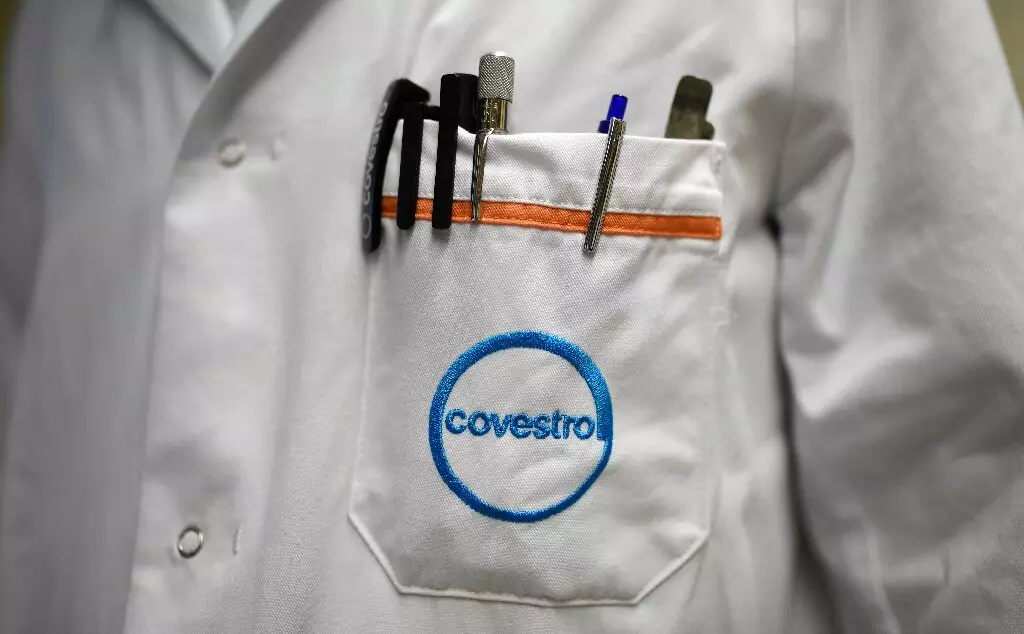The chemical industry is at the forefront of exploring innovative ways to reduce its carbon footprint in the face of the current climate emergency. One such initiative is being undertaken by the German group Covestro at one of Europe’s largest chemical complexes. Covestro is experimenting with using sugar as a base material to manufacture aniline, a key chemical used in the production of foams.
The Pilot Project
The pilot project, which began at the end of 2023, involves extracting aniline from fermented sugar using a network of pipes in a 100-square-meter room. This process, developed by researchers at the University of Stuttgart, aims to replace the traditional method of obtaining aniline from oil derivatives like naphtha and benzene. By utilizing sugar instead of oil, Covestro is taking a small but important step towards reducing carbon emissions in the chemical industry.
While the use of sugar as a base material holds promise for reducing greenhouse gas emissions, some experts express skepticism about the approach. Jens Guenther from Germany’s Federal Environment Agency points out that the use of cultivated biomass like maize, sugar cane, and sugar beet may have negative environmental impacts, such as CO2 and methane emissions from land conversion and the production of fertilizers and pesticides. Additionally, Janine Korduan from the environmental NGO BUND highlights the potential impact of industrial agriculture on biodiversity and water consumption.
Despite the potential benefits of using plant matter in manufacturing processes, there are several barriers that need to be overcome. These include the availability of organic matter, which is in high demand as the transition to greener practices accelerates, as well as the higher costs associated with using plant-based materials compared to traditional oil-derived chemicals. Scaling up the process will require significant investments and a clear demonstration of CO2 savings to justify the shift.
Other German companies, such as BASF, are also exploring the use of organic waste, agricultural products, and vegetable oils to produce basic chemicals like aniline. However, the chemical industry in Europe, particularly in Germany, faces challenges such as high energy costs and bureaucratic hurdles. The recent increase in power costs following disruptions in gas imports from Russia has prompted many companies to consider moving production to cheaper locations outside of Germany.
The shift from oil to sugar as a base material in the chemical industry represents a significant step towards reducing carbon emissions and addressing the climate emergency. While there are challenges and skepticism surrounding this approach, innovative projects like Covestro’s pilot initiative demonstrate the industry’s commitment to sustainability and environmental responsibility. As the chemical sector continues to explore alternative sources of raw materials, collaboration between industry stakeholders, policymakers, and environmental advocates will be crucial in driving positive change towards a greener future.


Leave a Reply